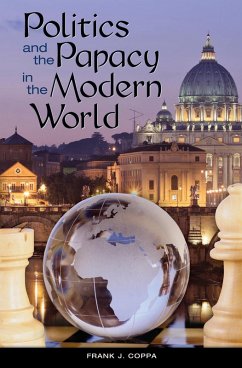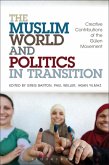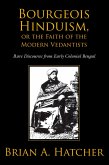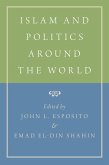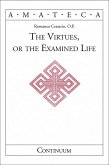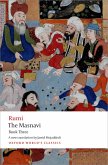The outbreak of the French Revolution and the Industrial Revolution at the turn of the nineteenth century transformed the world and ushered in the modern age, whose currents challenged the traditional political order and the prevailing religious establishment. The new secular framework presented a potential threat to the papal leadership of the Catholic community, which was profoundly affected by the rush towards modernization. In the nineteenth century the transnational church confronted a world order dominated by the national state, until the emergence of globalization towards the close of the twentieth century. Here, Coppa focuses on Rome's response to the modern world, exploring the papacy's political and diplomatic role during the past two centuries. He examines the Vatican's impact upon major ideological developments over the years, including capitalism, nationalism, socialism, communism, modernism, racism, and anti-Semitism. At the same time, he traces the continuity and change in the papacy's attitude towards church-state relations and the relationship between religion and science. Unlike many earlier studies of the papacy, which examine this unique institution as a self-contained unit and concentrate upon its role within the church, this study examines this key religious institution within the broader framework of national and international political, diplomatic, social, and economic events. Among other things, it explores such questions as the limits to be placed on national sovereignty; the Vatican's critique of capitalism and communism; the morality of warfare; and the need for an equitable international order.
Bitte wählen Sie Ihr Anliegen aus.
Rechnungen
Retourenschein anfordern
Bestellstatus
Storno

